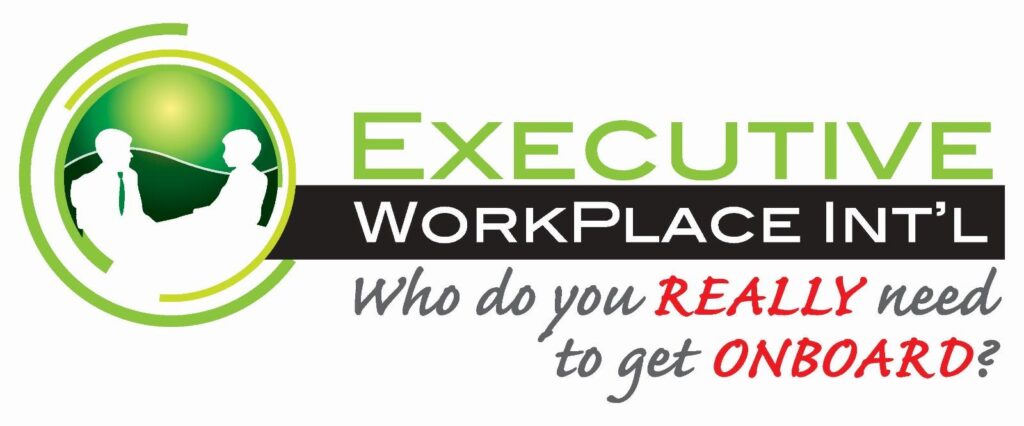Conducting a successful interview is a crucial step in hiring the right candidate. It not only allows you to evaluate a candidate’s skills and cultural fit but also reflects your company’s professionalism and values. Here are some key tips for employers to ensure the interview process is both effective and productive:
1. Prepare Thoroughly
Preparation is key to conducting a smooth and effective interview. Before the interview:
- Review the job description: Make sure you’re clear on the role’s responsibilities, required skills, and qualifications.
- Study the candidate’s resume: Know their background, previous experience, and key achievements so you can ask insightful, specific questions.
- Outline the interview structure: Prepare a clear outline of how the interview will flow. This should include an introduction, structured questions, and time for the candidate to ask questions.
2. Create a Comfortable Environment
A positive interview experience leaves a lasting impression on candidates, even if they aren’t selected. Ensure the interview environment is welcoming:
- Choose a quiet space: Conduct the interview in a distraction-free, professional setting.
- Be punctual: Show respect for the candidate’s time by starting the interview on time.
- Offer a brief overview of the process: Let the candidate know how the interview will proceed to ease any potential nervousness.
3. Ask Open-Ended and Behavioral Questions
Avoid “yes” or “no” questions. Instead, use open-ended questions that allow candidates to elaborate on their experience and thought process:
- Open-ended questions: These encourage candidates to share more detail, such as “Can you describe a time when you faced a challenge at work and how you handled it?”
- Behavioral questions: Focus on past behavior to predict future performance. Ask, “Tell me about a time you worked in a team to achieve a goal.”
- Follow-up questions: If a candidate provides vague responses, dig deeper with follow-ups like “What was the outcome?” or “How did you improve the situation?”
4. Assess Cultural Fit
Skills and experience are important, but cultural fit is equally crucial. Assess whether the candidate aligns with your company’s values and culture:
- Discuss company culture: Share your company’s values, mission, and typical work environment. Ask the candidate how they see themselves fitting into that setting.
- Use situational questions: These help you assess the candidate’s soft skills and how they may handle specific scenarios. For example, “How would you respond if you disagreed with a team member on a project?”
5. Be Transparent and Honest
Ensure transparency during the interview process. Candidates appreciate honesty, which will build trust and set realistic expectations:
- Provide details about the role: Clearly explain the responsibilities, challenges, and expectations for the position. Avoid sugarcoating aspects of the job that might be difficult.
- Share insights about the team and company: Offer a genuine description of the team dynamics, growth opportunities, and management style.
6. Engage in Active Listening
Listening is just as important as asking the right questions. Active listening shows that you are genuinely interested in what the candidate has to say:
- Avoid interrupting: Give the candidate enough time to finish their thoughts before you respond.
- Take notes: This will help you remember important points for follow-up questions or later discussions with your hiring team.
7. Evaluate Soft Skills
While technical skills are critical, soft skills such as communication, teamwork, and problem-solving abilities are equally important:
- Communication style: Assess how well the candidate expresses themselves and engages in dialogue.
- Problem-solving approach: Ask questions that give insights into their critical thinking and how they handle complex problems.
8. Allow the Candidate to Ask Questions
The interview should be a two-way conversation. Giving the candidate a chance to ask questions provides them with clarity and helps you gauge their level of interest and understanding of the role:
- Encourage thoughtful questions: Candidates who ask detailed or thought-provoking questions are often engaged and genuinely interested in the opportunity.
- Be prepared for tough questions: Candidates may inquire about career development, work-life balance, or company challenges. Answer these questions openly to build trust.
9. End the Interview on a Positive Note
Always conclude the interview professionally:
- Thank the candidate for their time: A simple show of appreciation can leave a lasting impression.
- Outline the next steps: Let the candidate know what they can expect in terms of the hiring process timeline, such as when they’ll hear back and what the next steps will be.
10. Follow Up and Provide Feedback
Post-interview, it’s important to close the loop with all candidates:
- Provide timely feedback: Whether or not they get the job, providing constructive feedback shows that you value the candidate’s time and effort.
- Communicate the decision: Candidates appreciate clear communication regarding your decision, whether it’s a job offer or not. This reflects positively on your employer brand.
Conclusion
Effective interviews are a key part of the hiring process, and conducting them well can improve the likelihood of finding the right candidate. By preparing thoroughly, asking the right questions, listening actively, and being transparent, employers can make informed hiring decisions that will benefit both the company and the candidates.





